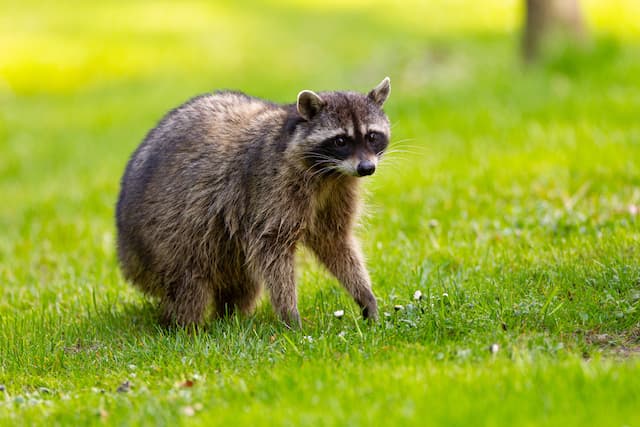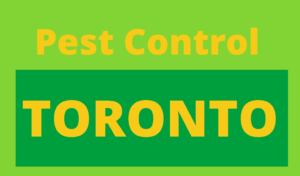Raccoons cause many disturbances to homeowners in the Toronto area. These range from small ones that can involve being woken up late at night, to serious problems that involve thousands in repair costs. They are smart and very adaptable animals and as a result, they are known to find their way into attics, basements, sheds and trash cans. Aside from noise caused by tipping over trash cans they can also cause damage to your garden and lawn. When entering an attic, raccoons can cause damage to the roof and insulation and when in the backyard they can dig up grass and destroy flower and vegetable gardens.
Types of Raccoon Damage
Raccoons are omnivores and feed from a variety of sources. In cities, they can find food in garbage bins, vegetable gardens, fruit, as well as under your lawn. As a result, they can dig up and destroy vegetable plants, flowers and lawns in search of grubs. They lift or re-roll freshly laid sod, and sometimes dig holes. How will you know that raccoons are visiting your backyard? First, you might see them or hear them. They make sounds to communicate. So if you hear sounds like squeaks, purrs, screams etc. which can be a good indicator of their presence. They can also be identified by their tracks. You will also know you are being visited by raccoons by the holes and damage they leave behind.
Raccoon Deterrents
Raccoons generally come to your yard in search of food. Further, they can simply pass through the garden as a part of their daily routine. Therefore, to stop their prolonged movement in your backyard, you have to ensure that you discourage them from spending too much time on your property.
This can be achieved by simply making your backyard less attractive to them. You can keep them off from your backyard in the following ways. In order to discourage them from visiting the yard, you have to make sure that you eliminate accessible food and water sources such as pet food or bird feed. You have to keep shrubs around the base of your house trimmed. Place baffles on the trunks of the fruit trees to prevent them from climbing those trees. You must also trim overhanging tree branches, which raccoons can easily use for climbing up.
In order to prevent lawn damage, you can control the development of grubs. There are many options available to you at your local lawn and garden store. A motion sensor sprinkler can also be used in the area. Such an implementation can be very effective as the sudden water burst scares any animal away while doing so in a humane manner. It will shoot a harmless and yet surprising blast of water at these creatures as they step into the sensor area.
Raccoons are also deterred by sound. You can always turn on a radio at night, but that will naturally affect your own sleep as well. There are many raccoon repellents on the market today. However, their effectiveness is highly questionable. Popular makeshift repellents like ammonia, mothballs, urine etc. and other homemade repellents can be used but have downside aside from the minimal success they provide. If you decide to use such repellents use them in a well-ventilated area because of the odour. Building a fence around certain areas of your garden or backyard also works.
If you have decided on trapping you need to be careful. Aside from the fact that you don’t want to be bitten or scratched by a raccoon as they are known to carry parasites, relocation requires a certain level of expertise for it to be effective. Raccoons can easily find their way back to your home. It is best to consult an expert wildlife removal to avoid damage, hassles and dangers.
While there are many things you can do to deter raccoons from coming to your yard it is advised that raccoon removal is best left to the professionals. This way it is more effective, and no harm is done to the animals while performing wildlife removal.

